It can be easy to simply accept algorithms as indisputable mathematic truths. After all, who wants to spend their spare time deconstructing complex equations? But make no mistake: algorithms are limited tools for understanding the world, frequently as flawed and biased as the humans who create and interpret them. In this brief animation, which was adapted from a 2017 presentation at the Royal Society of Arts (RSA) in London, the US data scientist Cathy O’Neil, author of Weapons of Math Destruction (2016), argues that algorithms can be useful tools when thoughtfully deployed. However, their newfound ubiquity and massive power calls for ethical conduct from modellers, regulation and oversight by policymakers, and a more skeptical, mathematics-literate public.
Algorithms are opinions, not truth machines, and demand the application of ethics
Director: Nice Shit Studio
Producer: Abi Stephenson
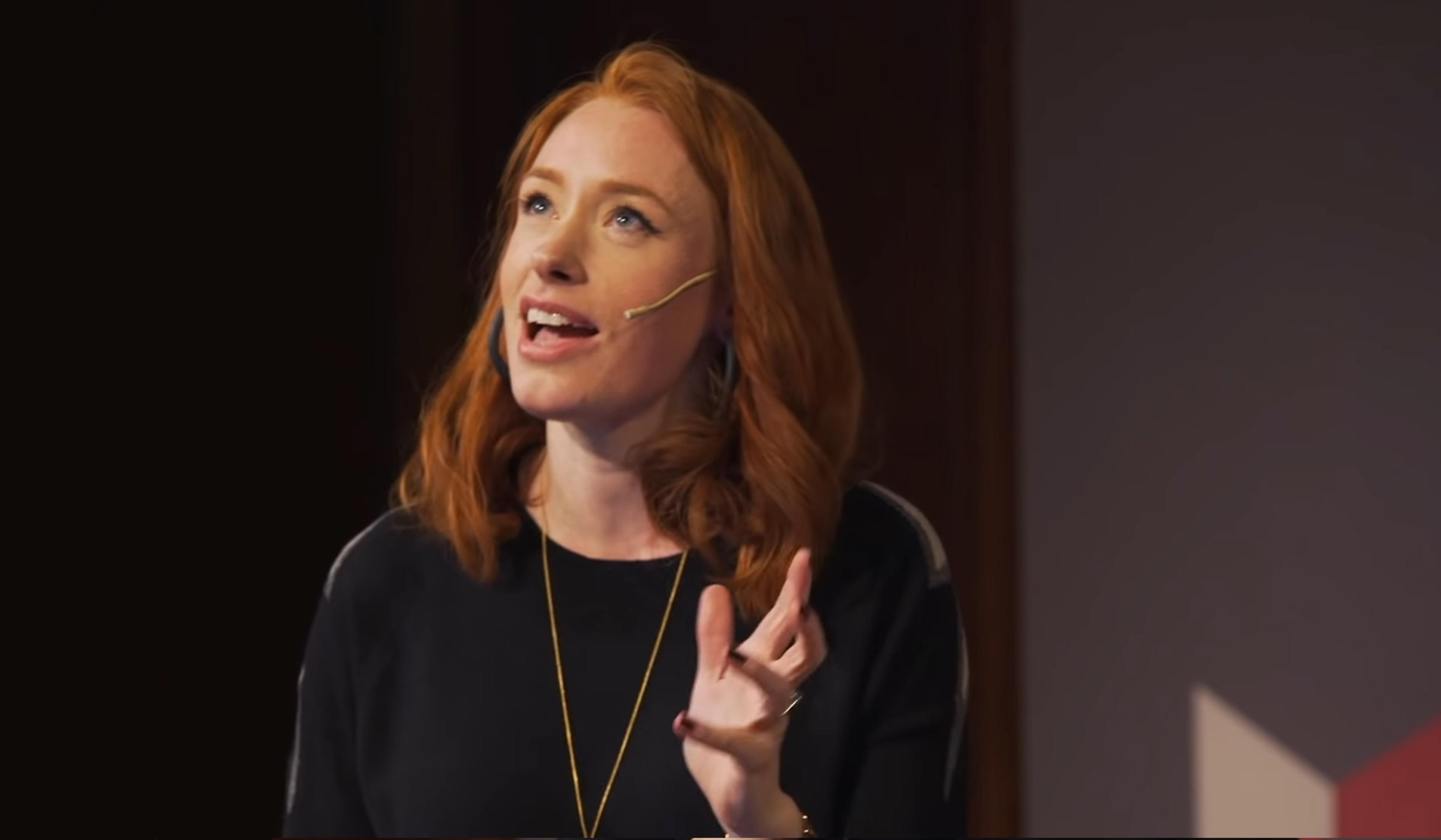
videoComputing and artificial intelligence
Algorithms are sensitive. People are specific. We should exploit their respective strengths
36 minutes
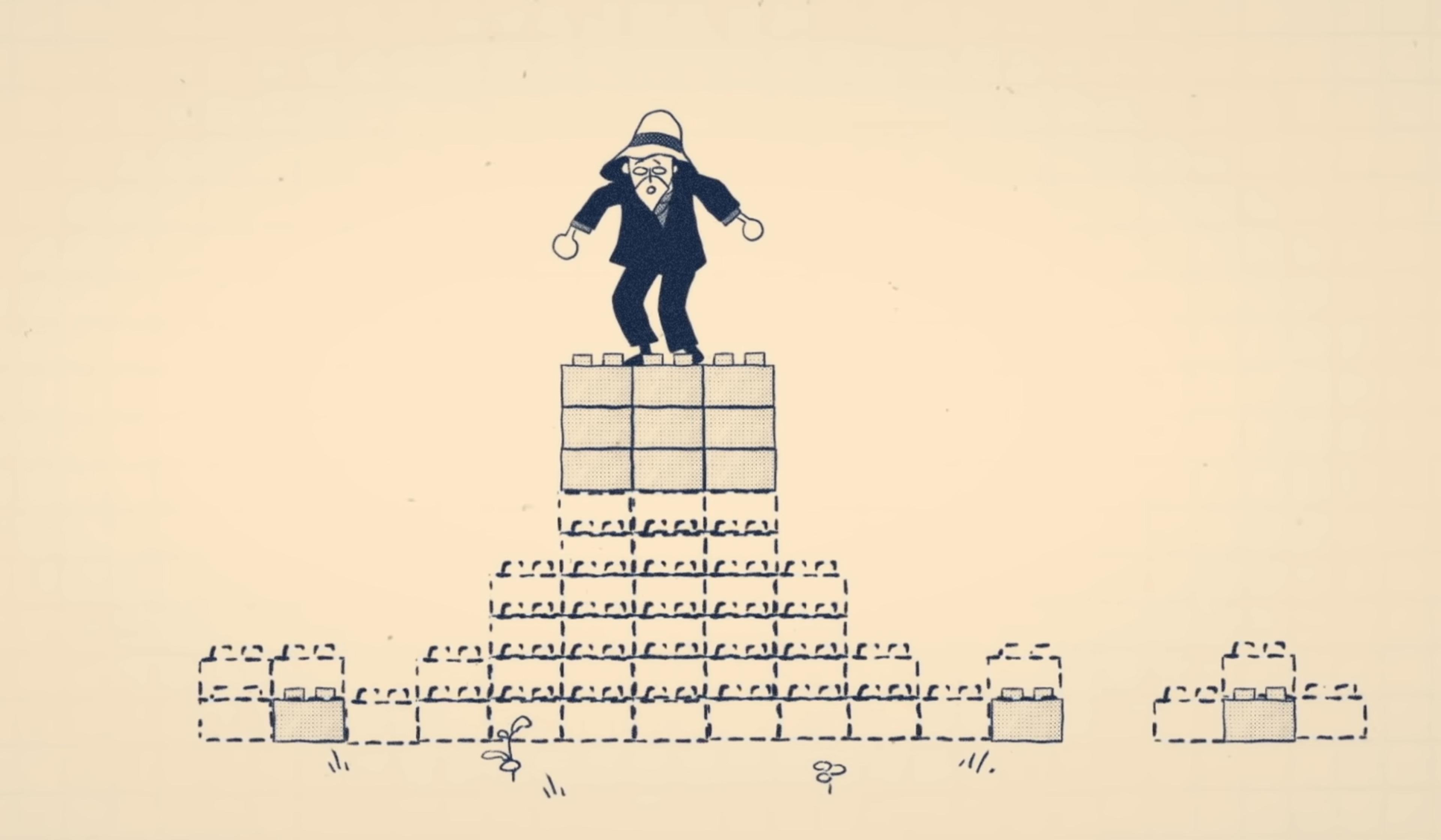
videoMathematics
How a verbal paradox shattered the notion of total certainty in mathematics
5 minutes

videoMathematics
Snowflake formulas, dice odds and other satisfying maths of the everyday
2 minutes
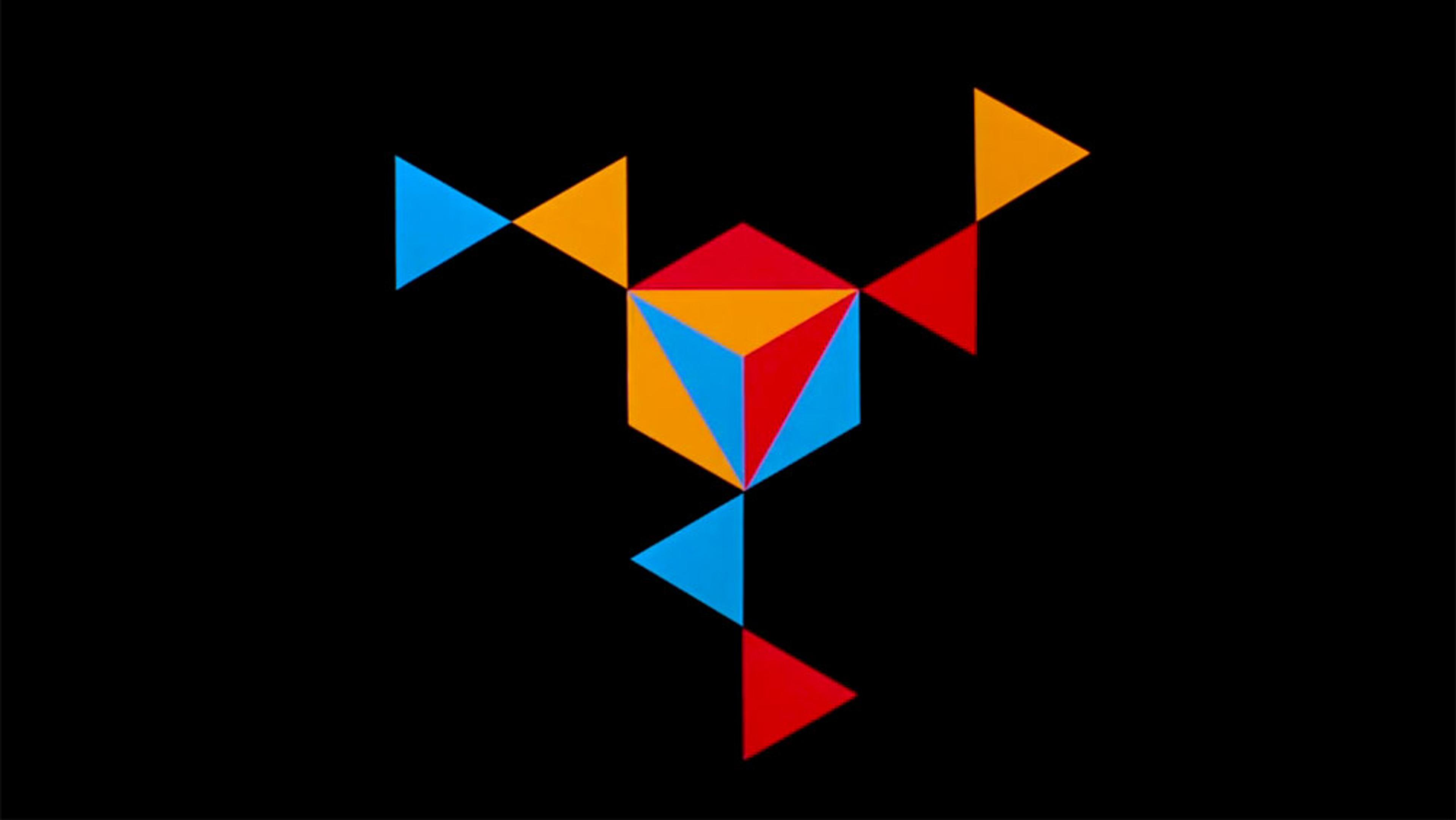
videoMathematics
A brilliant ‘geometric ballet’ of sound, shape and symmetry on the theme of 180°
5 minutes

videoComputing and artificial intelligence
Why large language models are mysterious – even to their creators
8 minutes
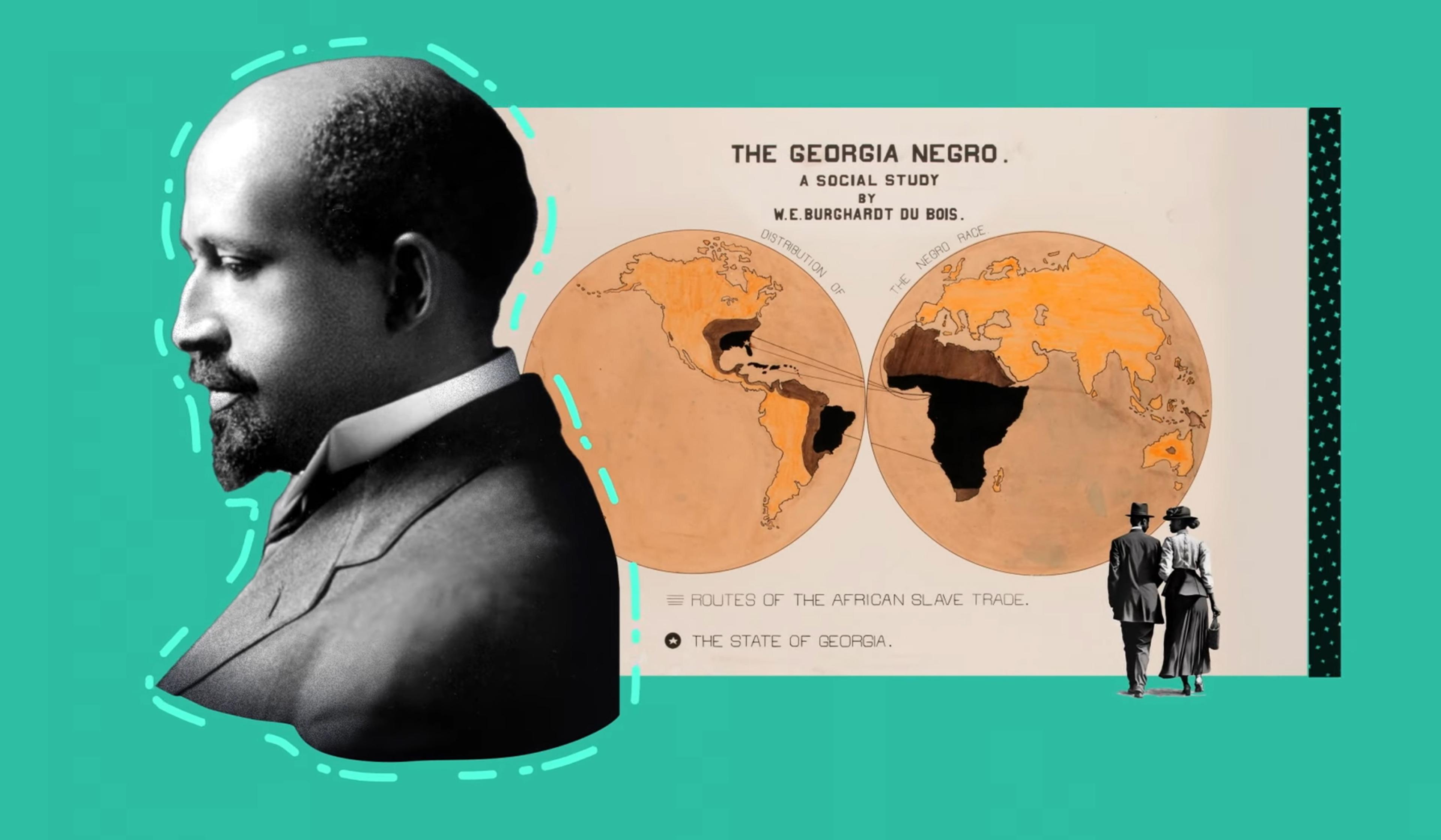
videoInformation and communication
Mapping data visualisation’s meteoric rise from Victorian London to today
6 minutes

videoTechnology and the self
A handful of executives control the ‘attention economy’. Time for attentive resistance
4 minutes
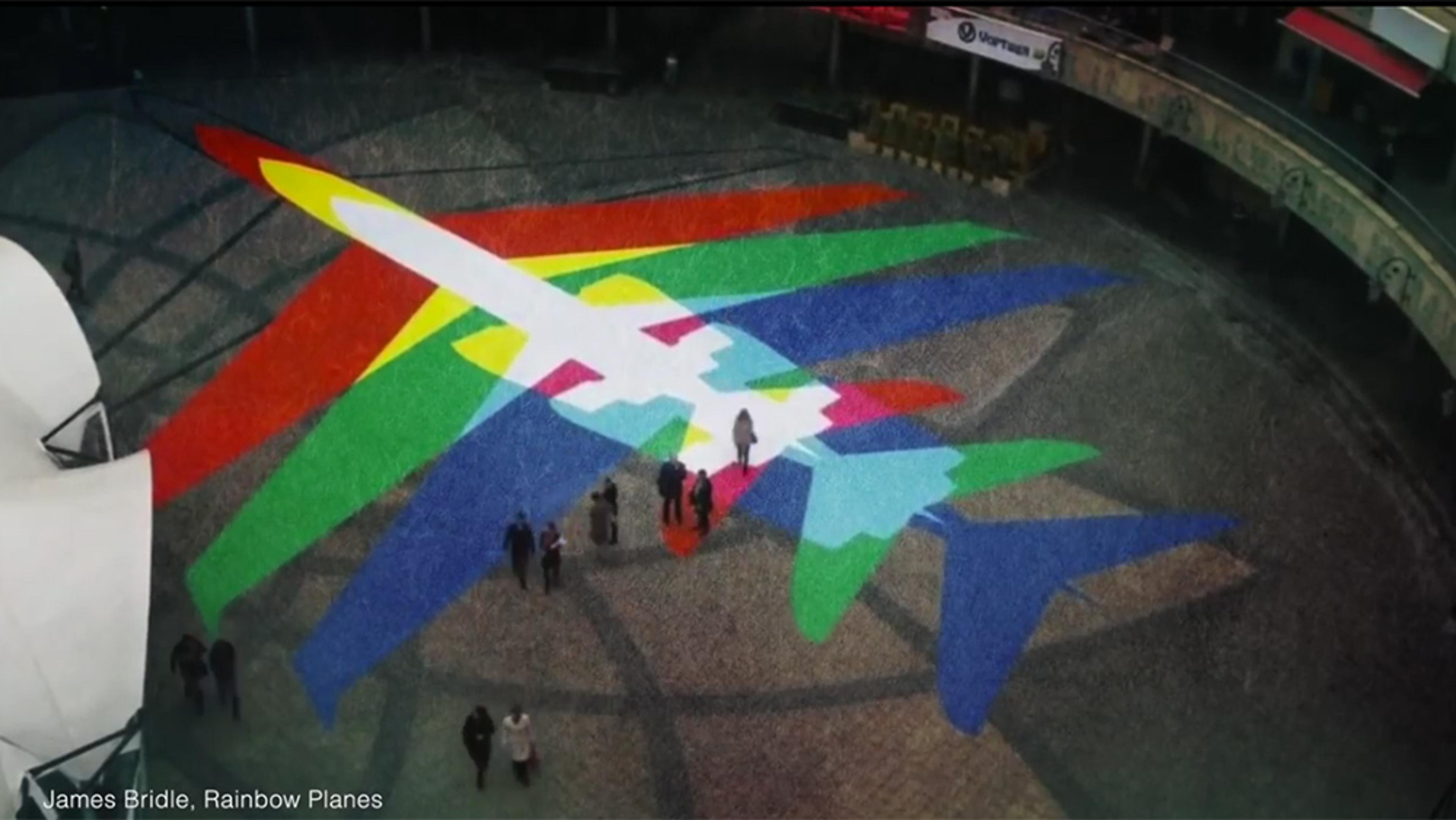
videoArt
Digital art can help us see and judge the internet before it consumes everything
6 minutes

videoFuture of technology
Artificial ‘creativity’ is unstoppable. Grappling with its ethics is up to us
23 minutes